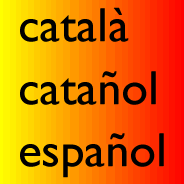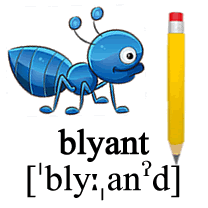My trip to the British Library in London on Wednesday went well. Although I’ve been past the place many times, I haven’t been in before, so it was interesting to explore.
The first thing I saw was the Making Your Mark exhibition, which official opens today. I went to a press view for journalists, bloggers on Wednesday morning, although decided not to go to the big opening bash last night.
The exhibition is divided into several sections covering the history of writing, the development of writing tools and styles, the use of writing, and the future of writing. Highlights for me include ancient Egyptian, Sumerian, Mayan and Chinese inscriptions, texts and other artifacts, and books and manuscripts from Europe, Japanese, Thailand and other places with beautiful writing and illustrations.
Here are the photos I took:
You have to pay to see this exhibition, but there are a number of other free exhibitions on at the moment and others coming soon. I explored the Treasures of the British Library exhibition, which was excellent. It includes beautiful and rare books from around the world; musical scores by famous composers, such as Beethoven and Chopin; letters, notebooks and other scribblings by famous authors, including Jane Austin, Charles Dickens and Charlotte Brontë; maps, illustrations and ancient religious texts.
One thing I noticed is that most of the composers, writers and scientists whose writings are on display, had very messy handwriting. The only exceptions I noticed were the Brontë sisters. Could there be a connection between almost illegible scribbles and genius?







